Understanding the Importance of Proper Weighting in Scuba Diving
Diving requires a proper diving weight to ensure a safe and enjoyable dive. This means having the right amount of weight to counteract the buoyancy of your scuba gear. Which can vary depending on factors such as your body composition, exposure suit, and air supply.
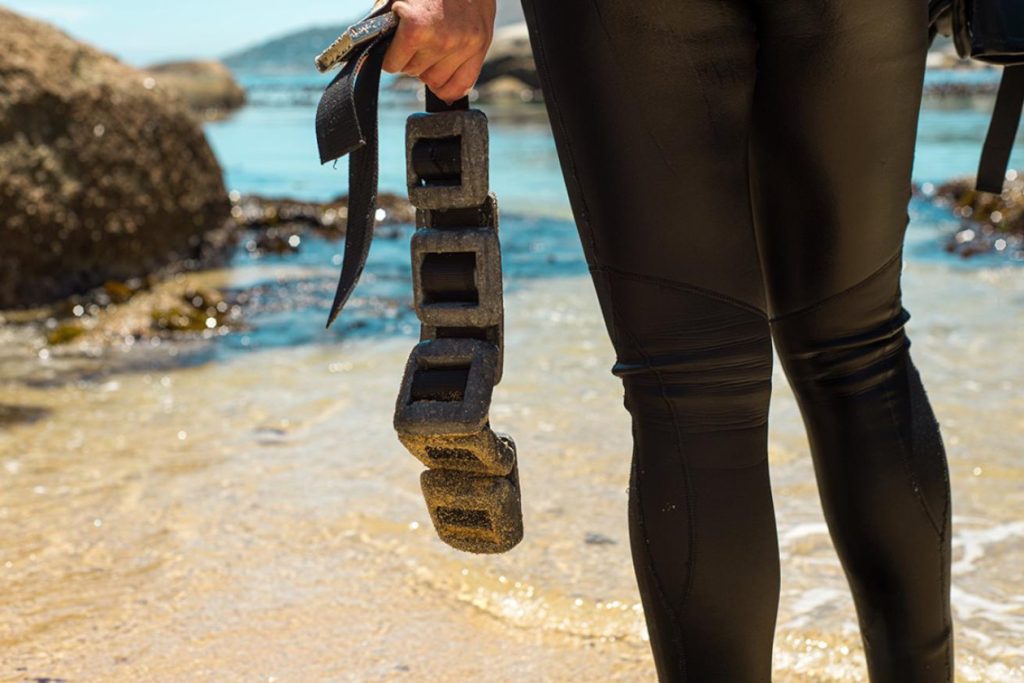
Understanding the correct weight requirements is crucial for scuba diving, as carrying too much weight can cause problems when diving, while carrying too little weight can result in a dangerous ascent to the surface.
The goal of proper weighting is to allow a diver to maintain neutral buoyancy, which means being able to hover effortlessly at any depth. To achieve this, a diver must have enough weight to descend, but not so much that they sink like a stone.
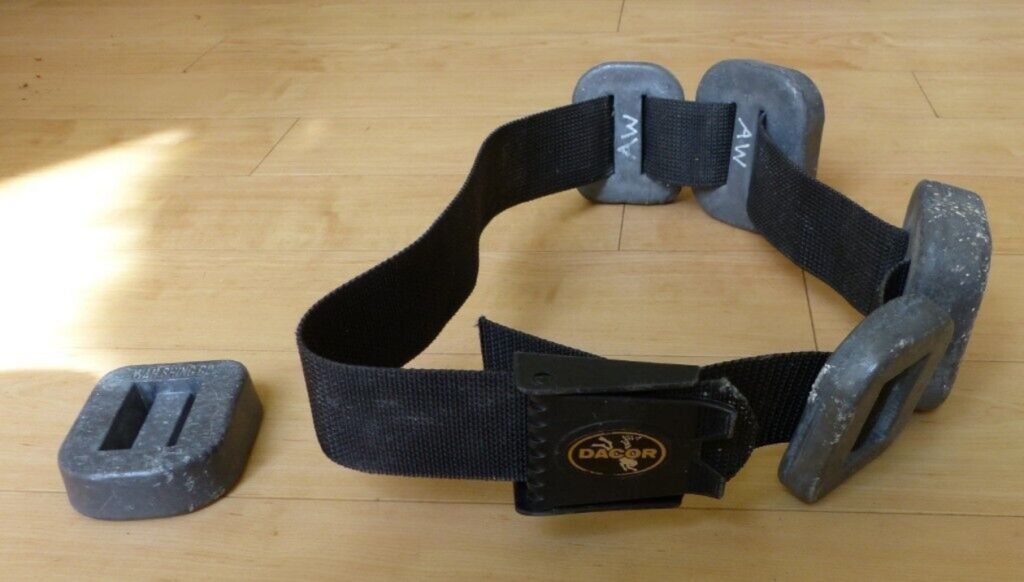
In general, scuba divers should aim for a weight that allows them to float at eye level with the water’s surface when fully inflated. This weight can vary greatly from person to person, as factors such as body composition, size, and the amount of exposure protection play a role.
Divers must constantly adjust their weighting during a dive to maintain proper buoyancy control.
Factors Affecting Your Required Weight for Scuba Diving
There are several factors that can affect the amount of weight you need for scuba diving. One of the most important is your body weight and body composition. A heavier individual may require more weight than a lighter individual, while someone with a high body fat percentage may require less weight as they have a higher natural buoyancy.
Additionally, the thickness and type of wetsuit or drysuit you are wearing can affect your buoyancy, as thicker suits will provide more insulation and make you more buoyant.
Take a look at this chart about the relationship between wetsuit thickness and buoyancy.
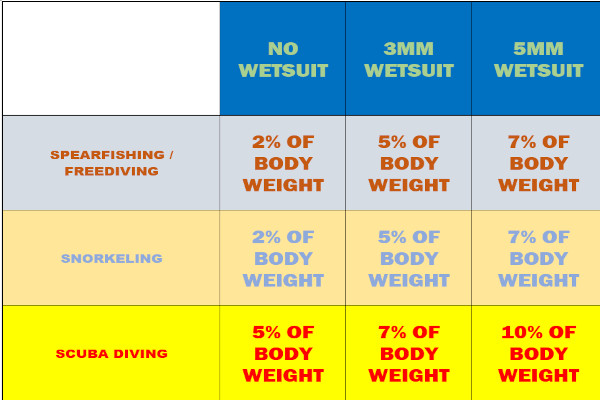
Other factors that can affect your required weight for scuba diving include the type of diving you will be doing, the water temperature, and the environment. For example, diving in cold water will require more weight than diving in warm water, as the colder water will make you more buoyant.
Similarly, diving in a strong current may require more weight to help you maintain control and stability. Finally, the type of diving you will be doing, such as deep diving or wreck diving, can also affect the amount of weight you need, as different dives may require different levels of buoyancy. It’s essential to take all of these factors into consideration when determining your required weight for scuba diving.
How to Determine the Right Amount of Weight for Scuba Diving
Determining the right amount of weight for scuba diving can be done through a combination of calculations and in-water testing. First, it’s important to calculate your base weight, which is the minimum weight you need to provide neutral buoyancy at the surface. This can be done by wearing your scuba gear, including your wetsuit or drysuit, and having a dive buddy weigh you on a scale. You can then subtract this weight from your total weight, including gear, to determine your base weight.
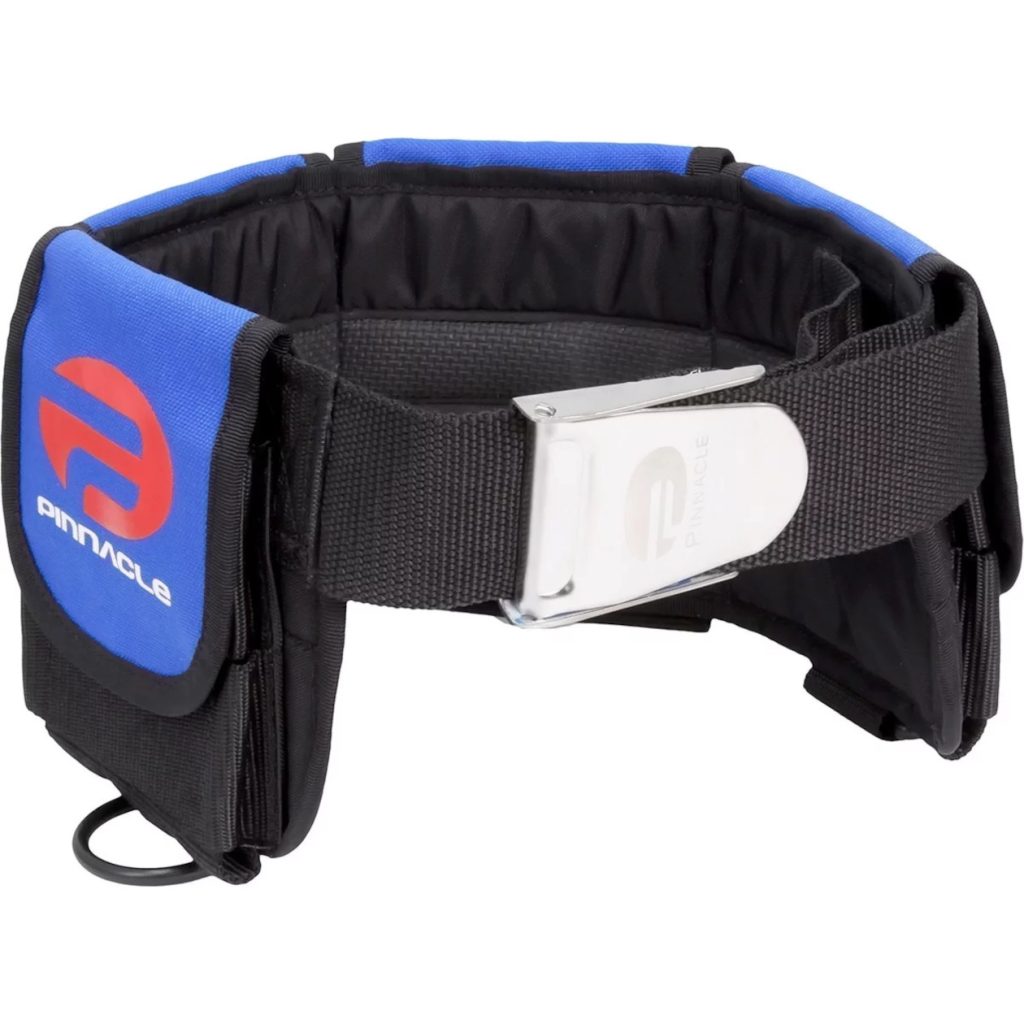
Once you have your base weight, it’s important to perform an in-water weight and buoyancy check. This can be done by getting into the water and performing a series of controlled ascents and descents while making adjustments to your weight as needed.
You should aim to have neutral buoyancy at various depths and at the surface, allowing you to control your movements and maintain stability underwater. This process may take some time and may require several adjustments, but it’s important to take the time to get it right to ensure a safe and enjoyable dive. It’s also important to perform a weight and buoyancy check before each dive, as conditions and equipment can change, affecting your required weight.
Adjusting Your Weight During a Scuba Dive
During a scuba dive, you may need to make adjustments to your weight to maintain proper buoyancy. This is especially important if you encounter changes in water conditions, such as an increase in water temperature or a current.
To make these adjustments, you can add or remove weight from your weight system. It’s important to have a weight release mechanism, such as a quick-release buckle, in case you need to quickly shed weight in an emergency situation.
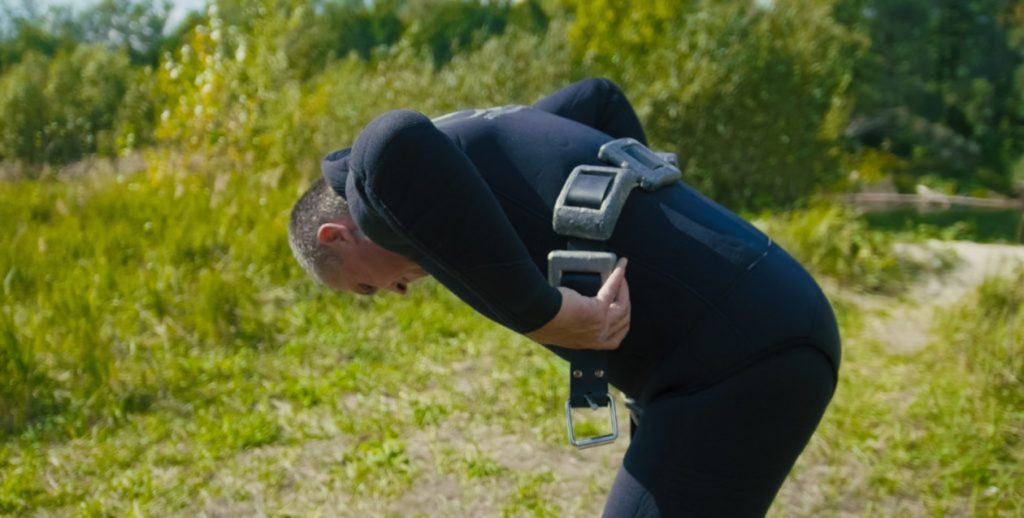
Another way to adjust your weight during a scuba dive is to control the amount of air in your buoyancy control device (BCD). By adding air to your BCD, you can increase your buoyancy, making it easier to float. Conversely, by releasing air from your BCD, you can decrease your buoyancy, making it easier to descend.
It’s important to know how to control your BCD, as this can help you make quick and precise adjustments to your weight and buoyancy during a dive. Additionally, it’s important to monitor your air consumption and make adjustments to your weight as needed to conserve air and avoid excessive weight changes.
Tips for Maintaining Proper Weighting while Scuba Diving
One tip is to always use the right amount of weight, as carrying too much weight can make you sink too fast, while carrying too little weight can make you struggle to control your buoyancy.
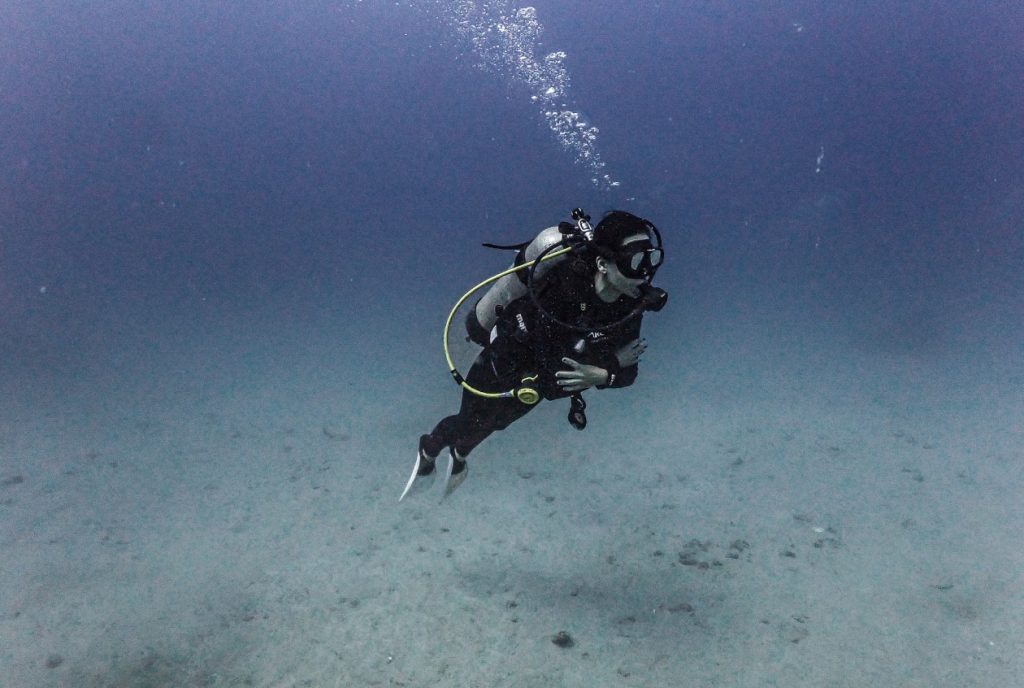
Do not forget to take into account all the factors that can affect your weight, such as your body weight, body composition, wetsuit thickness, dive type, water temperature, and environment, when determining your required weight.
Another tip is to use a weight management system that is easy to adjust and comfortable to wear. This can include a weight belt, integrated weight system, or trim weight pockets.
A weight management system that is easy to adjust allows you to make quick and precise weight changes as needed during a dive, while a comfortable system ensures that you can wear it for an extended period without discomfort.
Additionally, it’s important to regularly check and adjust your weight throughout the dive to ensure that you have the right amount of weight at all times. By following these tips, you can maintain proper weighting and enjoy a safe and comfortable scuba diving experience.
How much weight do I need? Summarizing
Determining the right amount of weight for scuba diving is a critical aspect of preparing for a dive. The importance of proper weighting cannot be overstated, as having too much or too little weight can negatively impact the safety and comfort of your dive.
By taking into account various factors such as your body weight, body composition, wetsuit thickness, dive type, water temperature, and environment, you can determine the right amount of weight for each dive.
